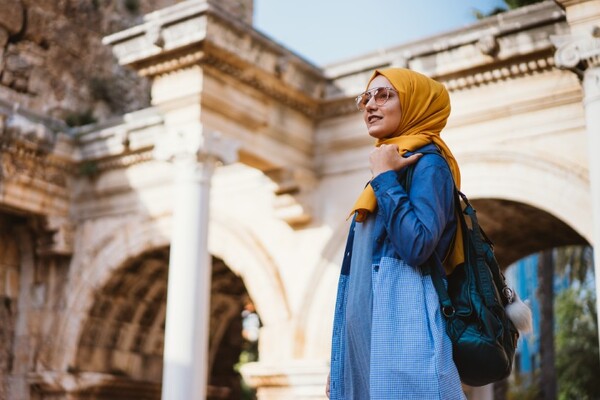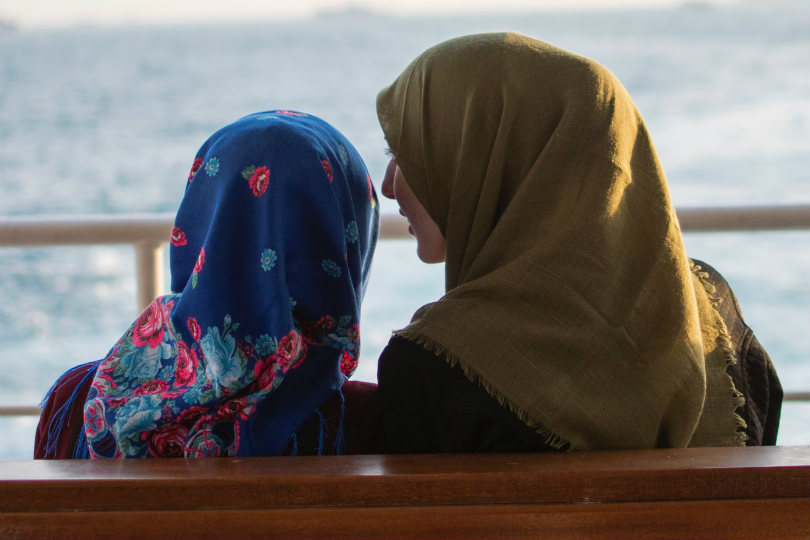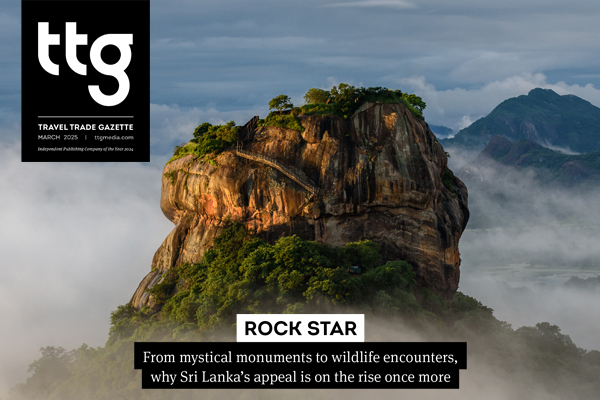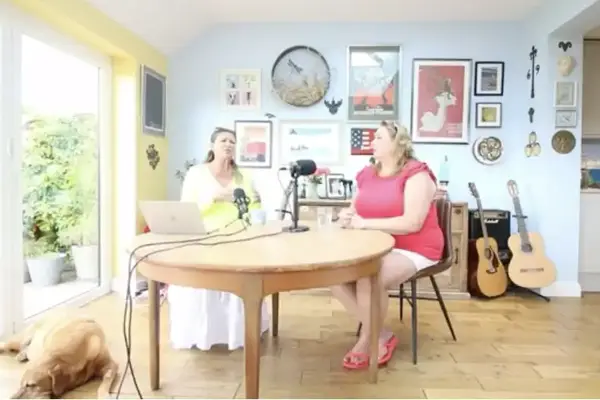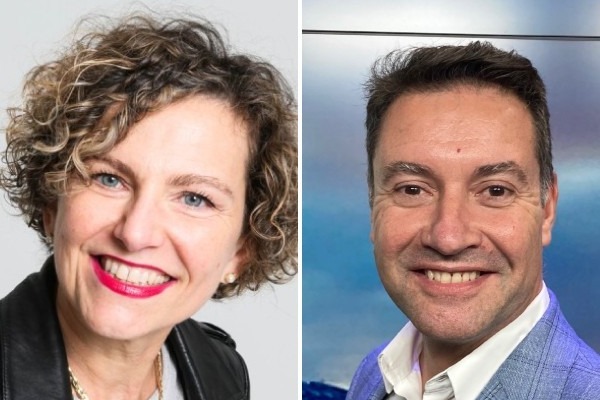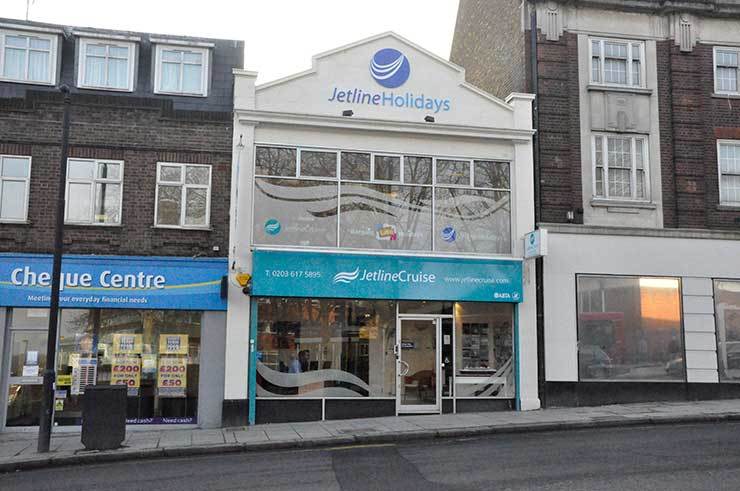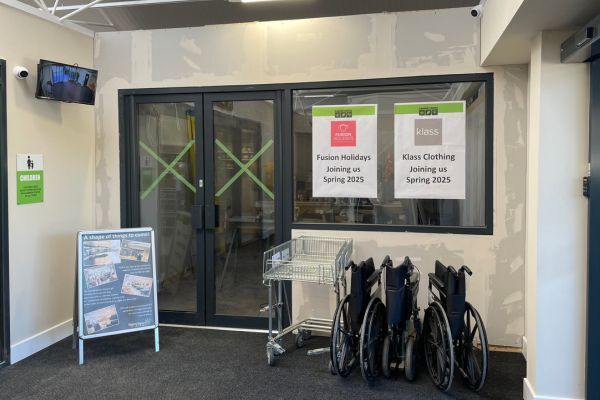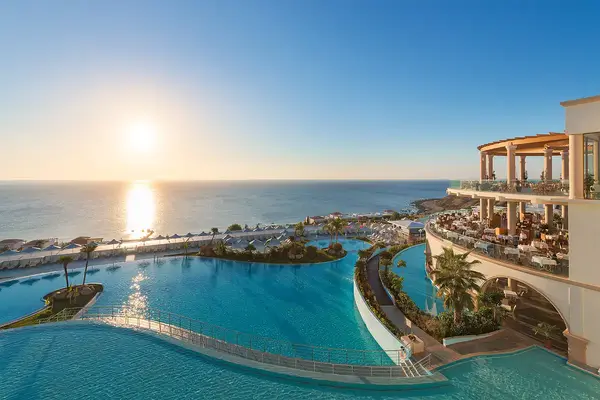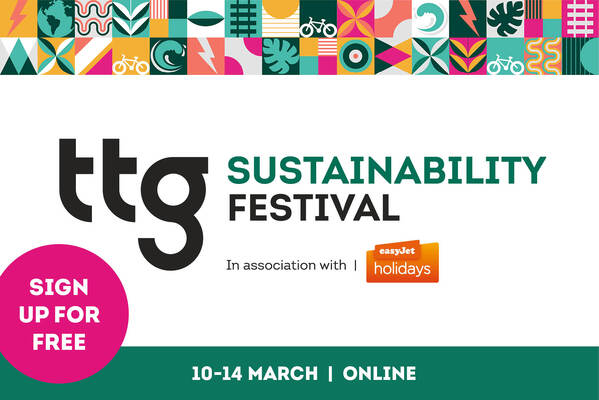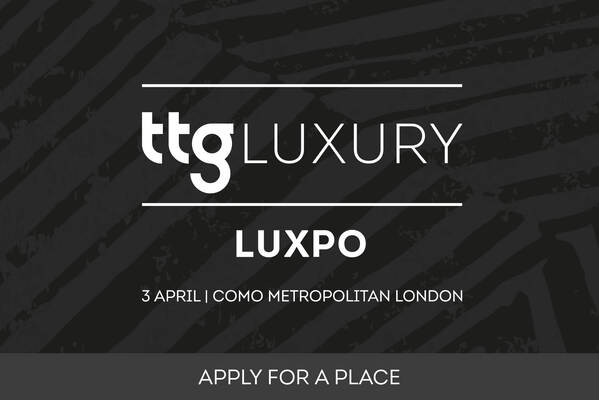How inquisitive agents can tap into the £200bn halal travel market – and why they should
Agents prepared to discover more about Muslim clients’ travel preferences can tap into a potentially huge market – Ilaria Grasso Macola finds out more about how they can do this.
-
The halal travel market is a significant opportunity for agents, with UK Muslims’ travel spending projected to reach £200 billion annually within a decade
-
Muslim travellers seek destinations that respect their faith, with popular choices including Turkey, Saudi Arabia, and the UAE
-
Agents face challenges due to a lack of clear information on halal-friendly services from hotels and operators
-
Education and open communication with clients are crucial for agents to effectively serve the halal market
British Muslims have the same desire to see and experience the world as anybody else.
And with nearly four million Muslims now living in the UK, including tens of thousands of second- and third-generation professionals, many more now have the means to travel more frequently – and at a wider range of price points – than ever before.
Agents are savvy entrepreneurs who are typically disinclined to pass up on new business opportunities.
As with all new, emerging or under-served markets, such as those travellers with accessibility needs or the LGBTQ+ market, engaging with them is not without trepidation, often for fear of “getting it wrong”.
But for just how long can agents afford not to proactively engage a market that will likely be worth £200 billion a year within the next decade?
Hafsa Gaher is director of Muslim tourism specialist Halal Travel Network. “We want to explore new cultures and destinations and taste new food without compromising our faith and lifestyle,” she tells TTG.
Research by advertising agency Mud Orange suggests travel has become a priority among the 3.9 million Muslims who call the UK their home, around half of whom are millennials or Generation Z. These groups want to see greater Muslim representation in travel advertising, as well as more offers tailored to Muslims.
Speaking to TTG last year, Walid Haji, founder and owner of halal travel agency Rooh Travel, said there was a “whole market” of second- and third-generation Muslims who have grown up in western countries.
They are the first in their families to go to university and to have professional jobs,” he said. “They have accomplished a lot and have that spending power to go on holiday.”
Haji’s remarks are reflected in a recent Mastercard report, which reveals Muslim travellers have higher spending power compared with other groups owing to comparatively high demand for family travel.
“Pre-pandemic, the Muslim travel market was witnessing exponential growth,” reads the report. “As travel moves to the growth phase post-Covid, this market presents many opportunities for destinations and businesses worldwide.”
Global spending on travel among Muslims is forecast to reach US $225 billion (£177 billion) by 2028. So how can agents in the UK engage the Muslim travellers within their communities? And how can they sell more halal holidays that meet their needs?
Lack of resources?
Agents tell TTG that catering to Muslim customers can, at times, feel challenging owing to a lack of information from hotels and tour operators about how they meet these travellers’ dietary requirements, and also the suitability of certain entertainment options.
“There’s not one single place you can go to find this information, and getting it from an operator or hotel can sometimes be quite difficult,” says Jennifer Lynch, managing director of Worcester-based agency ArrangeMy Escape.
It’s a source of frustration too for Idle Travel director Tony Mann, whose agency is based in Bradford – home to one of the largest Muslim communities in the UK.
He explains that while the agency fields enquiries with halal catering requirements, his team – like Lynch’s – typically struggle to find the clear, concise information they need to reassure prospective clients.
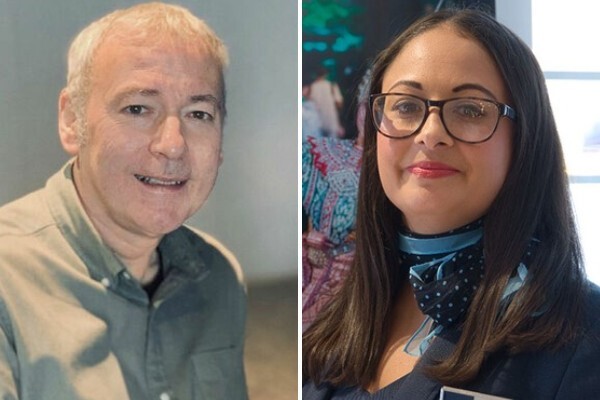
For Ufuk Secgin, chief marketing officer at halal travel platform Halalbooking, little details can quickly add up to make a big difference.
“By making a few small arrangements, hoteliers and other travel stakeholders can improve the experience for Muslim travellers and differentiate themselves [from competitors],” he insists.
According to Secgin, Halalbooking customers currently tend to prefer travelling to Muslim-majority countries – many of which will already be familiar to agents – where they can enjoy the destination without worrying about compromising their faith.
“The number-one destination for UK customers is Turkey, due to the availability of halal beach hotels and resorts where it’s alcohol-free and family-friendly,” he tells TTG.
Other popular destinations include Saudi Arabia, the United Arab Emirates, Morocco, Egypt and the Maldives. “In general, people prefer to go to Muslim-majority countries to avoid the hassle of having unpleasant experiences.”
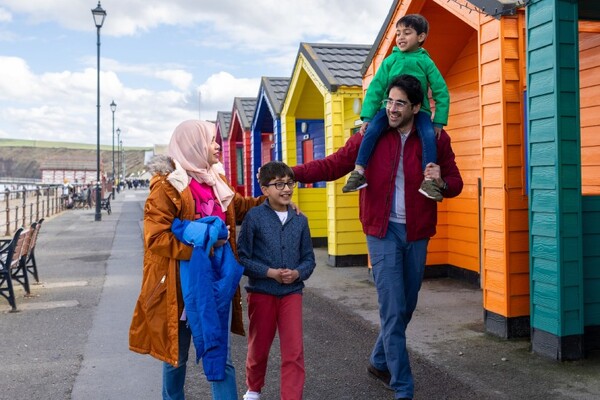
However, some destinations – such as South Africa and Japan – have in recent years taken steps to position themselves as halal- friendly and made concerted efforts to better cater for Muslim travellers.
The Japanese National Tourism Organisation has leant on technology to create guides specific to Muslim customers, while South Africa has increased its focus on its Islamic heritage.
David Archer, Halal Travel Network’s operational director, stresses: “It’s about making sure Muslims are welcome when they get there. Travel should be about bringing people together and creating communities.
"This is what we’re trying to do, breaking down barriers to facilitate travel for UK Muslims as well as those throughout the world.”
Knowledge is power
Founded in 2020, Halal Travel Network works with agents and destinations to help them work with Muslim customers. The company offers different services, from sensitivity and marketing training to halal package holidays.
“If Muslim travellers are aware safaris or treks in the Amazon are available to them, they will go to their local travel agent and book,” Archer explains. “It’s about being open to listening.”
According to Halal Travel Network’s Gaher, it’s also a matter of representation, as customers are more likely to spend their money with brands that make them feel seen.
“If you don’t have anyone that looks or dresses like you when marketing on social media, it just really shows that you haven’t thought about me,” she adds.
Education, and not being afraid of asking customers questions, are also fundamental if agents want to tap into the halal market, as more often than not people are afraid of saying the wrong thing or offending someone.
“Clients will also be able to educate agents in terms of what they are looking for, but equally speak to the likes of us,” says Archer, addressing agents.
“[Halal tourism providers] are a tight-knit community and we’re all here to help. We’re not going to have every answer, and if we don’t know, we will always ask. Having the conversation is half the battle.”
Sign up for weekday travel news and analysis straight to your inbox
Supplier Directory
Find contacts for 260+ travel suppliers. Type name, company or destination.
